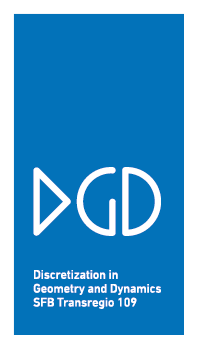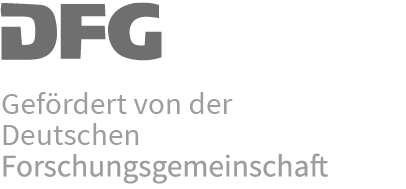B03
Numerics of Riemann-Hilbert Problems and Operator Determinants
The Search for the Optimal Contour
Riemann-Hilbert Problems (RHP) are another way of expressing equations satisfying a special property and have some advantages over the traditional forms. Take for example an equation describing the motion of a water wave and its current state: Both the traditional form and the RHP form of the equation enables us to calculate the state of the wave at any point in time. But with the RHP form we can accomplish this without knowing or calculating anything about the state of the wave in between.
- Group: B. Dynamics
- Principal Investigator: Prof. Dr. Folkmar Bornemann
- Investigator: Dr. Georg Wechslberger
- University: TU München
- Term: 2016 - 2020





